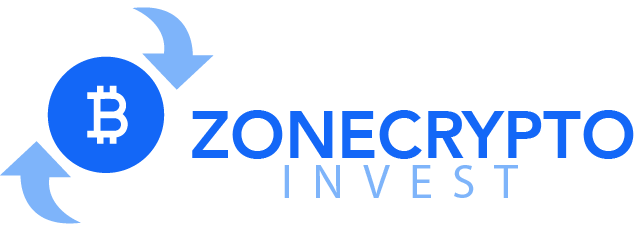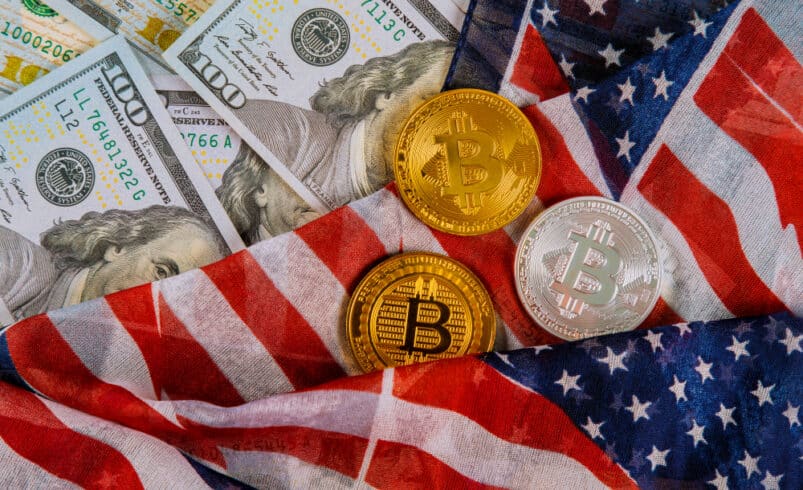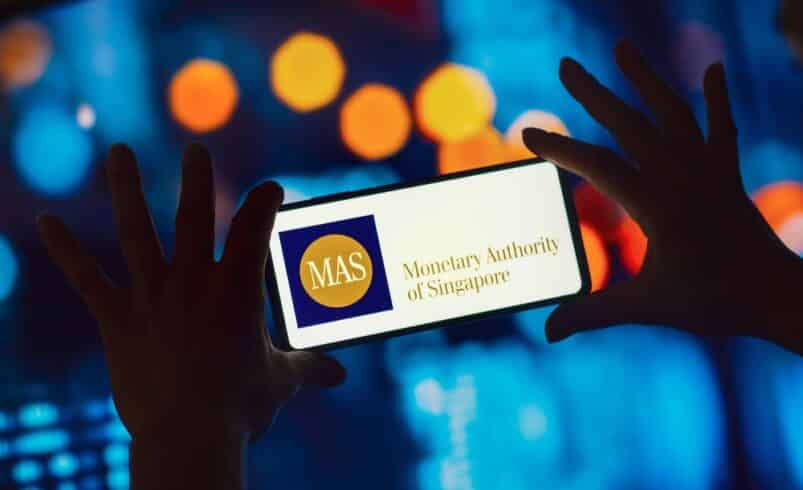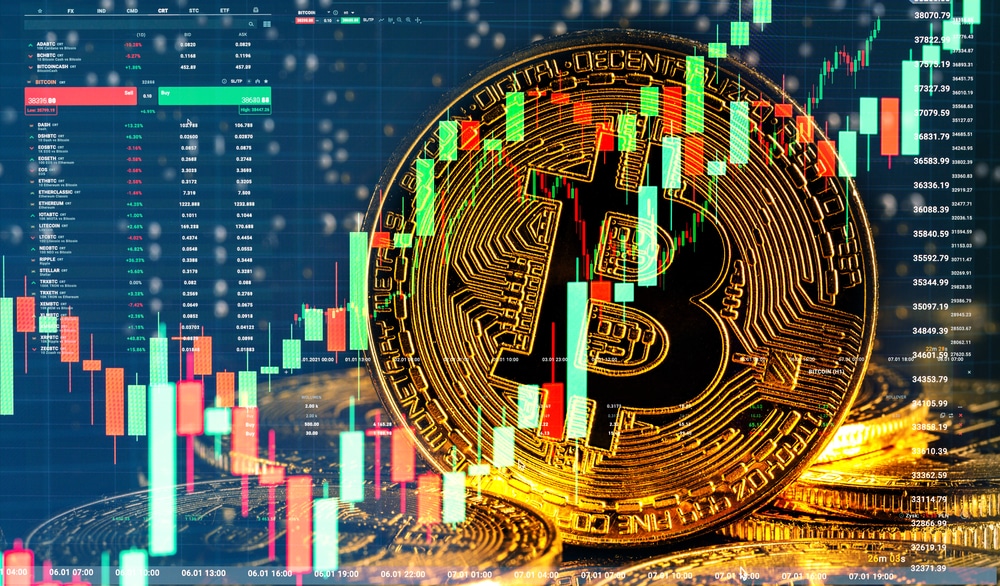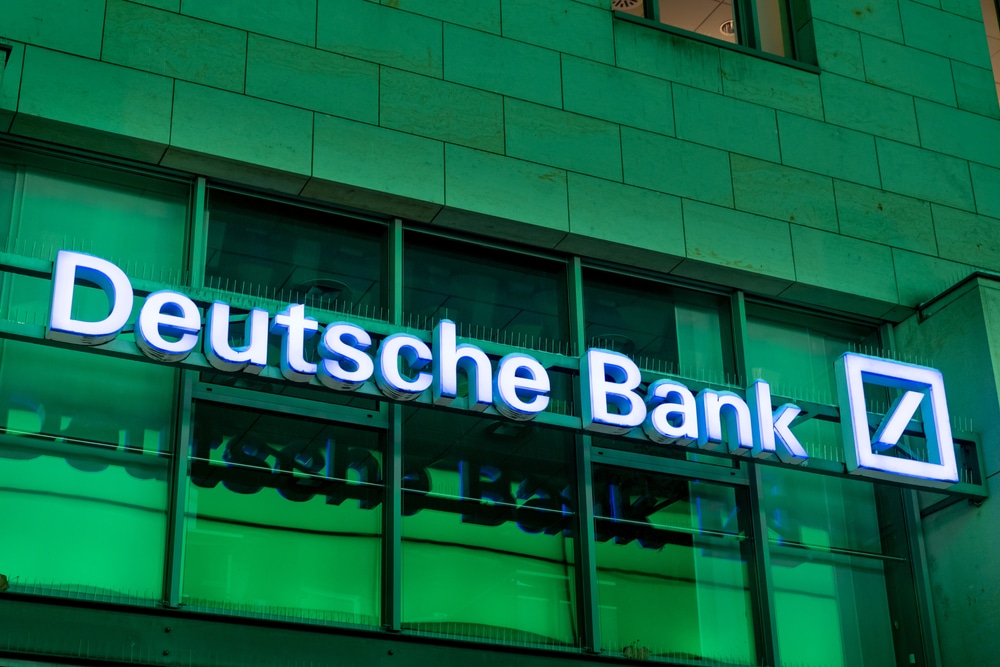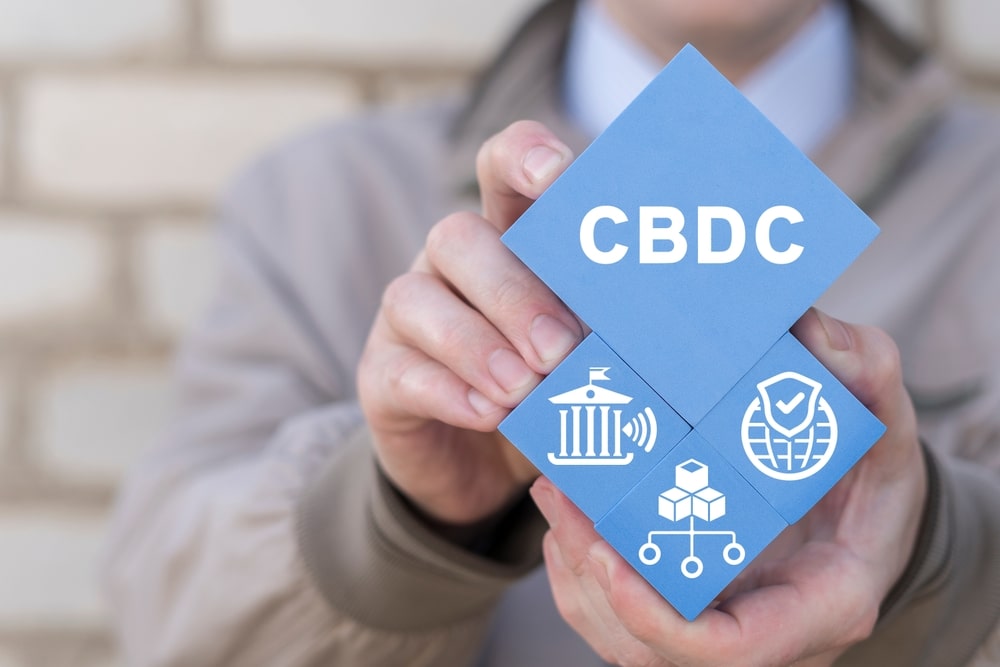South Korea Pass Crypto Investor Protection Regulation, Strengthening Current Guidelines
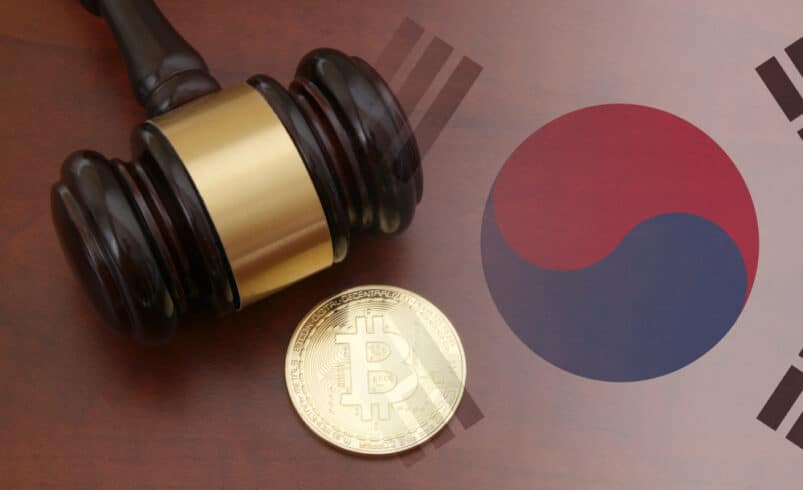
South Korea’s Virtual Asset User Protection Act seeks to target discriminating trading activities after events of previous years.
The South Korean Financial Services Commission’s initial regulation to safeguard investors was ratified on July 18 as the nation tries to close the regulatory challenges linked to the industry.
The Virtual Asset User Protection Act will focus on unfair trading practices following cases of previous years. This includes the likes of FTX’s fall and the Terra-Lunna collapse. The execution of the law comes after the latest efforts by South Korean exchanges to avert mass delisting prior to new regulatory interventions.
Severe Punishment for Trade Manipulation
In a press release, the FSC believes that implementing the Virtual Asset User Protection Act will create a foundation to offer protection for users. Besides, it will introduce severe punishments against persons involved in unjust trading activities, ensuring the creation of a sound order in the virtual asset market.
According to South Korea’s Act, digital assets are electronic tokens whose economic value is electronically transferrable or tradable. Despite including crypto, it generally leaves out central bank digital currencies (CBDCs) and nonfungible tokens (NFTs). A copy of this Act is attached to the FSC’s press release.
Under the guideline, crypto exchange operators should deposit users’ funds in financial institutions like banks to safeguard them in case of insolvency. Besides, exchanges should pay interest on the deposits, with local exchanges needing to provide rates of 1 to 1.5%.
Exchanges must store part of their users’ virtual assets in cold wallets to safeguard against system failures and hacking. The exchanges must also set aside reserves or acquire insurance to cover possible losses.
Crypto exchanges should fight unfair trading practices by monitoring and reporting suspicious transactions. Those entail things such as unusual trading volumes or price shifts, improving market integrity, and investor protection.
Korean Exchanges Avert Crypto Delisting
Earlier in July, South Korean exchanges operating under the Digital Asset Exchange Alliance (DAXA) unveiled regulations to prevent far-reaching crypto delisting.
The regulations standardize the criteria for backing and ending digital asset trading. The Digital Asset Exchange Alliance revealed a six-month assessment of 1333 current digital assets to ensure adherence, seeking to enhance transparency and avert the danger of asset removals.
Over the years, South Korea has attempted to regulate the industry, trying to tighten control concerning the manner in which crypto is traded and treated.
Amended guidelines linked to crypto exchanges, which became operational in March 2021, resulted in more than 60 marketplaces adhering to the requirement to register with the nation’s Financial Intelligent Unit (FIU). FIU is South Korea’s anti-money laundering and counter-terrorism financial regulator.
The mandate also demanded collaborations with banks to ensure actual-name accounts. South Korea revised the Act on the Reporting and Use of Specific Financial Transaction Information on March 5, 2020, with Virtual Asset Service Providers (VASPs) being the target.
Amended Guidelines
Under the amended guidelines, virtual asset service providers must register an official bank account, acquire an Information Security Management System certificate, and offer firm and bank account information to the Financial Intelligence Unit. They must also execute strict Know-Your-Customer (KYC) and Anti-Money Laundering (AML) procedures.
Despite South Korea’s previous attempts to apply guidelines to crypto companies, this instance is the first crypto-explicit one. The FSC introduced an Act on Reporting and Use of Special Financial Transaction Information in 2020.
OKX, a major Asian crypto exchange, responded to the new guidelines by opting to leave the South Korean Market rather than consider registration as a virtual asset service provider. At that time, it cited problems with its business structure under the new guidelines.
Zone Crypto Invest provides exposure for numerous crypto businesses, and we invite you to join our community! Connect with us through our Telegram chat for any questions. Given the volatile nature of cryptocurrencies, always conduct thorough research before investing. Many articles on our website are sourced from guest writers or are paid content, and they might not reflect the views of Zone Crypto Invest's internal team. The opinions in these pieces may not always coincide with Zone Crypto Invest's stance. We do not vouch for the accuracy, quality, promotions, or any other aspects showcased on our platform. Please refer to our detailed terms of service and disclaimer for further information.
